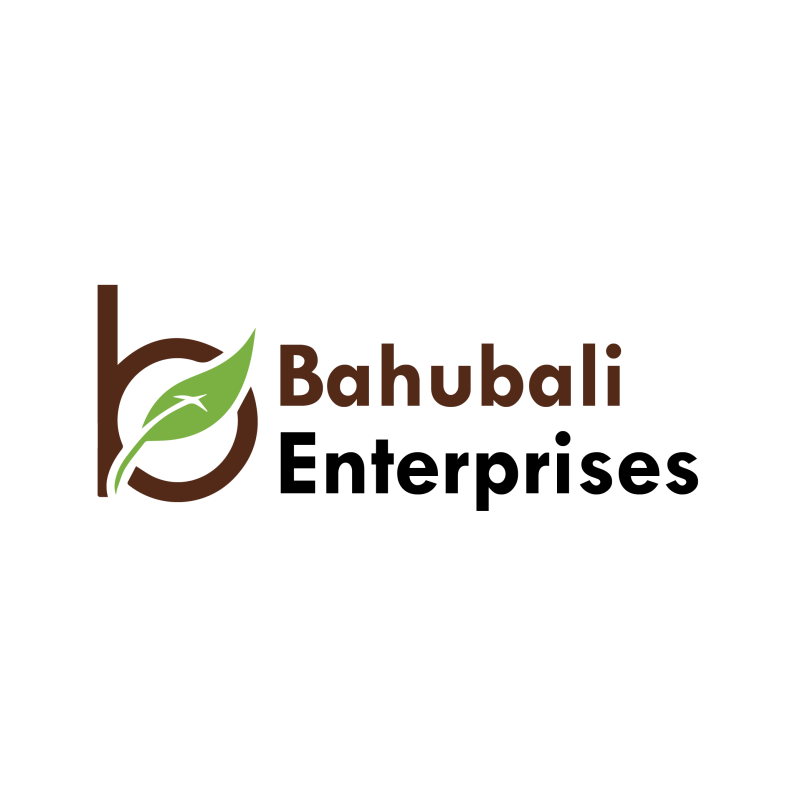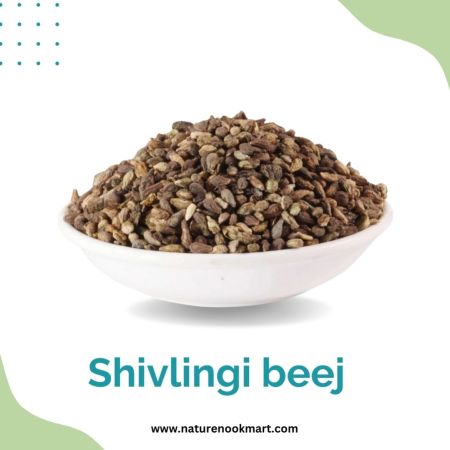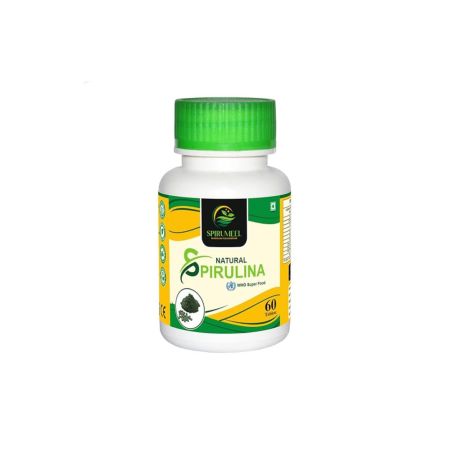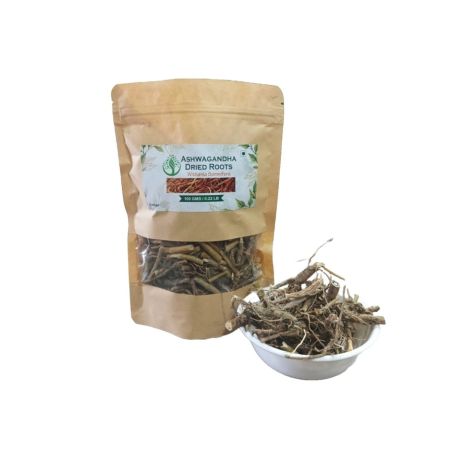|
Brahmi, also known as water hyssop, is a creeping herb native to wetlands and marshy areas of India and other tropical regions. It holds a sacred place in Ayurveda as a powerful adaptogen and brain tonic, renowned for its ability to enhance memory, cognitive function, and overall mental well-being.
Botanical Characteristics:
Brahmi is a perennial herb with small, succulent, oblong leaves and delicate, pale blue or white flowers. It thrives in wet, nutrient-rich soil and can grow in waterlogged areas. The plant spreads horizontally, forming a dense mat, and is widely used in herbal medicine in its raw form.
Health Benefits of Raw Brahmi:
Brahmi is rich in bioactive compounds like bacosides, which are responsible for its therapeutic effects:
Cognitive Enhancement:
Improves memory, learning ability, and concentration.
Reduces mental fatigue and supports long-term brain health.
Stress Relief:
Acts as an adaptogen, helping the body manage stress and anxiety.
Promotes relaxation and improves sleep quality.
Neuroprotective Properties:
Protects brain cells from oxidative damage and supports neural regeneration.
May reduce the risk of neurodegenerative diseases like Alzheimer’s and Parkinson’s.
Immune Support:
Strengthens the immune system with its antioxidant and antimicrobial properties.
Digestive Health:
Supports a healthy digestive system by soothing inflammation and promoting gut health.
Anti-Inflammatory Effects:
Helps reduce inflammation in the body, benefiting joint health and chronic conditions.
Culinary and Medicinal Uses of Raw Brahmi:
Raw Leaves: Consumed directly or used as a garnish in salads and soups.
Infusion: Leaves can be steeped in hot water to create herbal tea.
Juice or Paste: Extracted for direct consumption or used in topical applications for skin health.
Powder: Dried and ground into powder for mixing into drinks or foods.
Cultural and Historical Significance:
In Ayurveda, Brahmi is considered a “Medhya Rasayana,” a rejuvenator for the brain and nervous system. It has been used for over 3,000 years to enhance mental clarity, memory, and spiritual practices, often referred to as the "Herb of Grace."
Nutritional Composition of Raw Brahmi:
Vitamins: Rich in Vitamin C and small amounts of Vitamin A and B-complex vitamins.
Minerals: Calcium, magnesium, potassium, and zinc.
Bioactive Compounds: Bacosides, flavonoids, and alkaloids.
Calories: Low-calorie and high in phytonutrients.
Environmental Role and Cultivation:
Brahmi is a versatile plant that thrives in wet, tropical environments. It is often cultivated in water gardens, paddy fields, or along riverbanks. Its ability to grow in waterlogged areas makes it an eco-friendly crop for regions with high rainfall or swampy soil.
|







.jpg)
.jpg)












